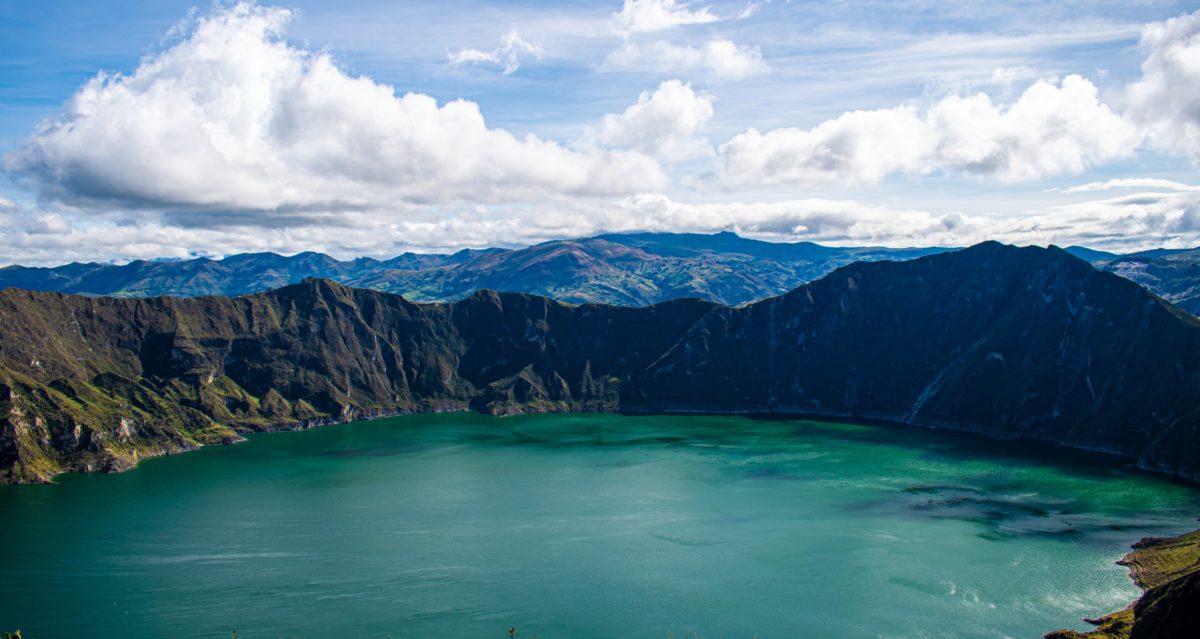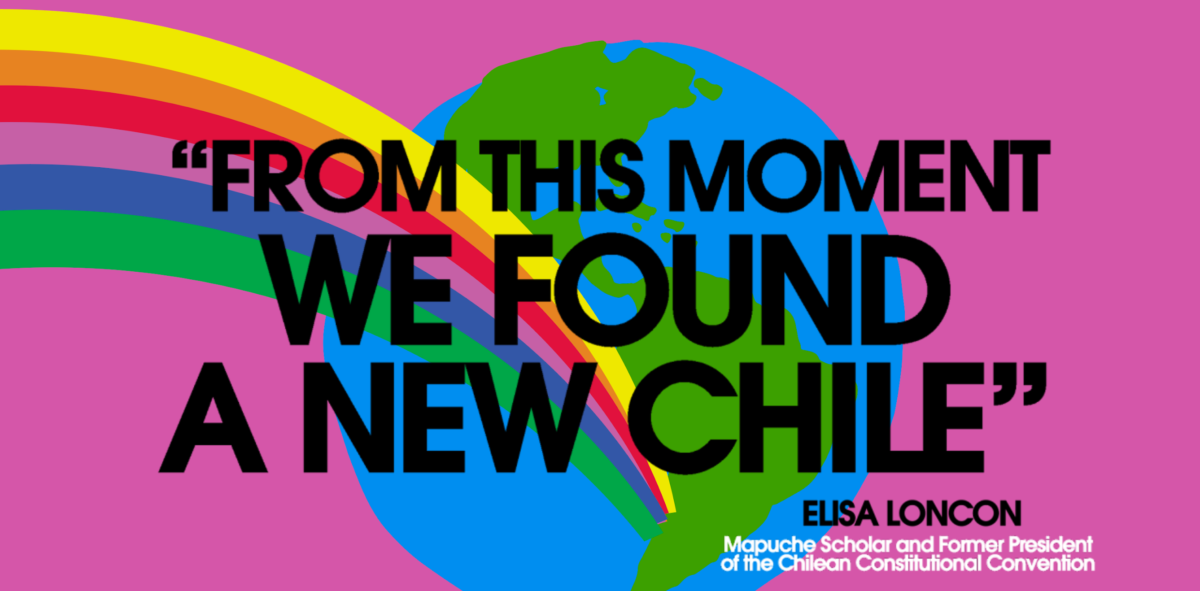As Chilean voters are poised to go to the polls this coming Sunday, September 4, to hopefully become the second country in the world to include recognition of the Rights of Nature (RON) in their national constitution, it is obvious just by reading a few headlines in any given week that more countries need to embrace and follow Chile’s lead. “Forever Chemicals Increase Risk of Liver Cancer”, “Violent storms kill three across Midwest and southern US and leave thousands without water”, “Pakistan floods: One third of country is under water”, and these are just a few.
Make no mistake; this new, very rights expansive constitution is not on the ballot because some politicians had a vision while they slept of making a paradigm shift to protect nature and give the people more of a say in local decision making. NO. Rather, the people of Chile pushed for this plebiscite.
For a very simplified history lesson, on September 11, 1973, with the backing of the U.S., Augusto Pinochet seized power of Chile in a coup d’état. Pinochet persecuted political critics, banned labor unions and privatized social security and other state enterprises, setting off decades of oppression of the people of Chile and ever-growing wealth disparity between the rich and the rest of the population along with devastating environmental effects from massive mining and mineral extraction by global corporate interests. Henry Kissinger introduced national elites to the market-based model for controlling government and instituting laws and policies that benefited capitalist investors at the expense of the nation and its ecology.

The people had enough of the neoliberal oppression and the straw that broke the camel’s back, as they say, was an official increase in the cost of using public transportation in 2019, when the people said “enough” and took to the streets en masse. Nearly 2 million people gathered on the streets of Santiago on October 25, 2019 (the equivalent of 36 million Americans taking to the streets) to protest the system of elite rule at the expense of everybody else.
It is appropriate that this vote takes place in September. It is the month in which the very first Western law recognizing legal rights for ecosystems was enacted on September 19, 2006, in the small town of Tamaqua Borough, Pennsylvania, a conservative community located in the east-central part of the state. As poisonous waste was about to be trucked in from New Jersey to be dumped into open pit mines in Tamaqua – remnants of prior environmental devastation – and as more people were diagnosed with rare cancers and other debilitating diseases—they said ENOUGH. Just like the people of Chile, they reached a limit.
Tamaqua’s people persuaded a majority of their elected local officials to take seriously the connections between what was happening to their environment and water, and what was happening to their own bodies. Some residents reached out to the Community Environmental Legal Defense Fund (CELDF) and asked for help. With CELDF’s assistance, an ordinance was drafted, they organized educational community meetings and mounted protests against the state environmental protection agency whose issuance of permits to the Lehigh Coal and Navigation Company made it complicit in poisoning the community. It wasn’t easy and the vote of the Borough Council was close, but the local government officials passed the ordinance that turned local ecosystems into rights-bearing entities.
There were no big media headlines back in 2006 and the law went unnoticed by most, including environmental activists and organizations. But, two years later, it caught the attention of some people in the country of Ecuador. The Pachamama Alliance, an NGO rooted in Amazonia, facilitated the connection between CELDF and the Constitutional Assembly to develop legal language recognizing the Rights of Nature. On September 28, 2008 (September again, hopefully, a good omen for Chile), the people voted overwhelmingly to accept the new constitution. With that vote, Ecuador became the first country in the world to constitutionally recognize legal rights for Mother Earth, while also giving the people legal standing to act on behalf of Nature in legal proceedings.
Fast forward to November, 2021, the Constitutional Court of Ecuador upheld the rights of the Los Cedros Cloud Forest and stopped a mining project. This was a historic decision that is an inspirational read. The court’s ruling clarifies what it looks like when Rights of Nature are enforced.

Since 2006, CELDF has continued to be an active and long-term contributor to the community rights and Rights of Nature Movement. We have battled side-by-side with people in Oregon to protect nature from toxic pesticide spraying of forests; in Washington to secure worker rights and people power in opposition to rampant development; in Ohio, we helped organize a successful campaign to enact the Lake Erie Bill of Rights; in Pennsylvania, we’ve been involved in protracted struggles to protect nature from fracking; in New Hampshire, we’ve partnered with communities to protect their individual rights to religious freedom and water from privatization. As more communities have stood up for the Rights of Nature, the opposition has become more fierce and attempts to shut down and co-opt the movement ever more slick and deceptive. With these competing agendas converging upon the community rights and Rights of Nature community, both here in the US and around the world, it has become clear that the time is right to reflect on where the movement has been, where it is now and where it could go in the future.
As we witness more and more the violent effects of extraction, consumption and destruction of Nature and the permanent effects that pathological materialism has on all life, not just humans, we must listen more closely to, and learn from, traditional Indigenous people around the world. They have lived in harmony with nature, demonstrating what true sustainability looks like, since time immemorial.
We must come to understand that changing laws is not enough. We must change our thinking and our relationship to the natural world. What’s required is a cultural shift as well as a legal shift that spawns alternative ways of living and governance. CELDF has partnered with communities for over two decades to blueprint a better existence. Chile is looking to move in that same direction with their proposed constitution.
Because both the legal and cultural shifts have to happen simultaneously, CELDF will be introducing our Nature Leads Series – model law templates, principles, articles and conversations to keep the Rights of Nature Movement moving forward. We wish the people and the ecosystems of Chile good luck on Sunday. The “final score” affects us all!

